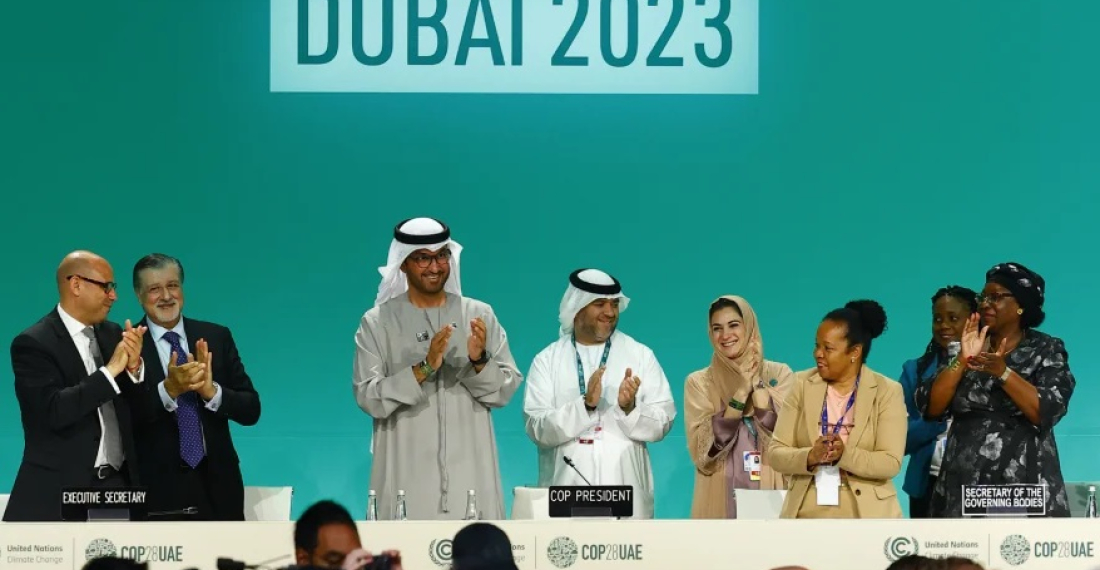At the COP28 summit held in Dubai last November, for the first time a day dedicated to peace was marked, during which the "COP28 Declaration on Climate, Relief, Recovery and Peace" was launched. The declaration, endorsed by more than a hundred countries and international organisations, highlights a commitment by the international community to act on the vital impact of climate change "in situations of fragility, conflict or severe humanitarian needs".
The declaration lays a solid basis for future work on the nexus between climate change, peace and security.
The urgency of the topic of climate change, and of the action needed to stop and reverse it, is increasingly starkly evident. There is now also no doubt that the problem is multidimensional and has implications right across the agenda of the international community. This is reflected in recent discussions in the UN Security Council, where the nexus Climate Change, Peace and Security, has been discussed frequently, including in June 2023 at a Ministerial Level Session convened by the UAE (9345th meeting), and in February 2024, in the discussions on food insecurity convened by Guyana (9547th meeting).
There is an increasing need for the international community to develop a shared and enhanced understanding that climate change and environmental degradation lead to spiralling instability and conflicts, and vice versa, as well as to human suffering, resource scarcity including water and food insecurity, internal displacement and forced migration, as was stated in a recent statement by the Council of the European Union.
It is now necessary, on the basis of the "COP28 Declaration on Climate, Relief, Recovery and Peace" for the international community, working with non-governmental stakeholders, to develop a road-map for future action. Work in this direction must be done ahead of the COP29 meeting in November in Baku.
You can read the full text of the "COP28 Declaration on Climate, Relief, Recovery and Peace" on the COP28 website here







